All poultry farmers know that the peak of egg production is spring and early summer. Further, the eggs become smaller and smaller. Chickens stopped laying, what to do and how to resume the process? These issues have long been resolved by production workers and experienced owners.
A flock of chickens walks in the courtyard, but there are no eggs. What happens in the feathered body and why chickens do not rush. Let's figure it out.
Hens stopped laying eggs
To understand the problem, you should consider everything in order.
Start of egg production
Young laying hens willingly visit nests. The start of laying depends on:
- genetic, pedigree data;
- feeding;
- content.
Finding out at what age young chickens rush without knowing the breed is pointless. If one starts laying eggs at 4.5 months, then the other can at 6, and this is normal. The only thing that is clear is that you can not rush the bird. If the young hens have not gained the “necessary” conditions and entered the egg-laying, then it will not be long, and such a bird will be culled early.
For the first 2-3 weeks, chickens lay small eggs. Then it gets bigger. During this period, it is important to have a sufficient number of nests. If they need to be carried at the same time, then additional nests will satisfy the need. Normally, the calculation is carried out for 5-6 chickens in one nest.
mid-cycle
In summer, the egg becomes large, but nest attendance is less frequent. The heat does a disservice. When a bird stands with its wings outstretched and seeks shade, egg production drops. During this period it is very important to organize:
- constant access to fresh water;
- shaded space.
Crowding must not be allowed. If there is no free range, then there should be at least 1 m2 of area for 5 chickens.
Egg pecking
If the chickens do not have a range, then pecking eggs . The poultry farmer observes that the chicken visits the nest, sits, supposedly rushes, but there are no eggs. How to check if chickens are laying?
If the feeding ration is disturbed (mineral deficiency with a protein norm), then the chickens will lay eggs, but they will eat them. And not even the eggs themselves attract attention, but the shell - chickens will clearly show calcium deficiency in the body.
In this case, you need to immediately increase the amount in the diet:
- meat and bone meal;
- fishmeal;
- dairy production waste (whey, reverse);
- mineral supplement (tricalcium phosphate);
- food shells.
How to tell if a chicken is laying or not
To know whether chickens are laying or not, you need to follow the nest. There are several options:
- If the hens rush, but eat the eggs, then a wet place (broken egg) and traces of yolk on those eggs that they did not have time to eat will be visible;
- If the hen sits in the nest, but does not rush and does not get up at night, then most likely she wants to become a hen. In this case, she does not rush, but “picks up” all the eggs for herself. To check, it is enough to pick up all the eggs, and she will walk. As soon as at least one egg appears in the nest, she will certainly sit on it;
- To find out which chickens are laying and which are not, you can mark them. In the chicken coop they put a vial with brilliant green (a pharmaceutical preparation of a brilliant green solution) and a stick with a swab at the end. You need to look into the chicken coop often and mark with green the one chicken that sits in the nest. Thus, in 3-4 days it is possible to "mark" those who visit the nest.
To know for sure how often laying hens rush, the bird can be put in a separate cage and observed.
Feeding is the basis of egg production
If there are 10 chickens in a flock, and only 5-6 eggs, then this may mean that:
- The diet is not rich enough in proteins;
- The diet is balanced, but the feed is not digested.
Proteins are needed for egg synthesis. If there is no animal feed in the diet, chickens do not lay. A bird cannot “give out” 50 g of protein daily if it does not enter its body. Of course, grains also have protein, but poultry needs essential amino acids that are only found in animal feed. When meat and bone meal, skim milk, meat production waste are added to the diet, egg production will be restored in 9-12 days.
When laying hens begin to lay, their body is still able to produce an egg “out of itself”. Further, the law of self-preservation works more and more, and egg production stops.
Why don't laying hens lay if the diet is balanced? Perhaps feed is in transit. Such a pathology happens if the chickens are in closed cages without walking and there is no sand and pebbles in the feeders.
And how do you know why chickens do not lay if there are no visible reasons? Probably, the matter is in physiology, autumn is coming.
The reason is seasonal molting
In August, egg production may decrease slightly, but it remains high, but with the onset of autumn, egg production drops. Novice poultry farmers are concerned that chickens have suddenly stopped laying, and the reason is seasonal molting .
During this period, chickens do not lay well. To speed up the process, you can make a forced molt. There is nothing new in this procedure, this is how they do it at poultry enterprises, and the methodology has long been worked out.
To organize a forced molt, you should choose days when the temperature is not very high. In September, this is not difficult to do. Then proceed as follows:
- After the chickens enter the chicken coop for the night, it is closed with a latch;
- Windows, if any, are curtained with an opaque cloth;
- Water and feed are removed from the chicken coop.
In the morning, the hens are not opened or let out of the chicken coop. They are not fed or watered. In this state, they are kept for 3-4 days. Opening the chicken coop in the morning, you can see a lot of feathers. For the next 2-3 days, the bird will continue to shed its feathers.
If the hens do not lay before this procedure for 2-3 weeks, then after molting, after 1-2 weeks, intensive egg production will begin. During this period, you need to establish intensive feeding with balanced feed. The growth of eggs in the body will occur in parallel with the growth of the feather, therefore, a lot of nutrients are needed.
Reason is stress
When forming a flock, you should immediately think through all the nuances. In order not to raise the question of what is the reason for the cessation of egg laying, it is necessary to prevent:
- Reformation of the flock during the laying period;
- Change of premises, transfer to other chicken coops;
- Changes of service personnel;
- Change of equipment, feeders, drinkers;
- Repair of the premises (even preventive).
All of these factors cause stress in the bird. Any of them can affect the fact that the egg will be underreceived.
Water is the basis of life
It would seem why ordinary water can affect egg production. However, an egg is 80-85% water.
Studies have shown that the absence of water for only 2 hours delays the formation and release of eggs for 2 days. A clean drinker and clean water help dissolve and absorb the nutrients in the feed.
Answering all the “why”, the poultry breeder must consider all the nuances and foresee everything in order to prevent a decrease in the egg production of the bird.

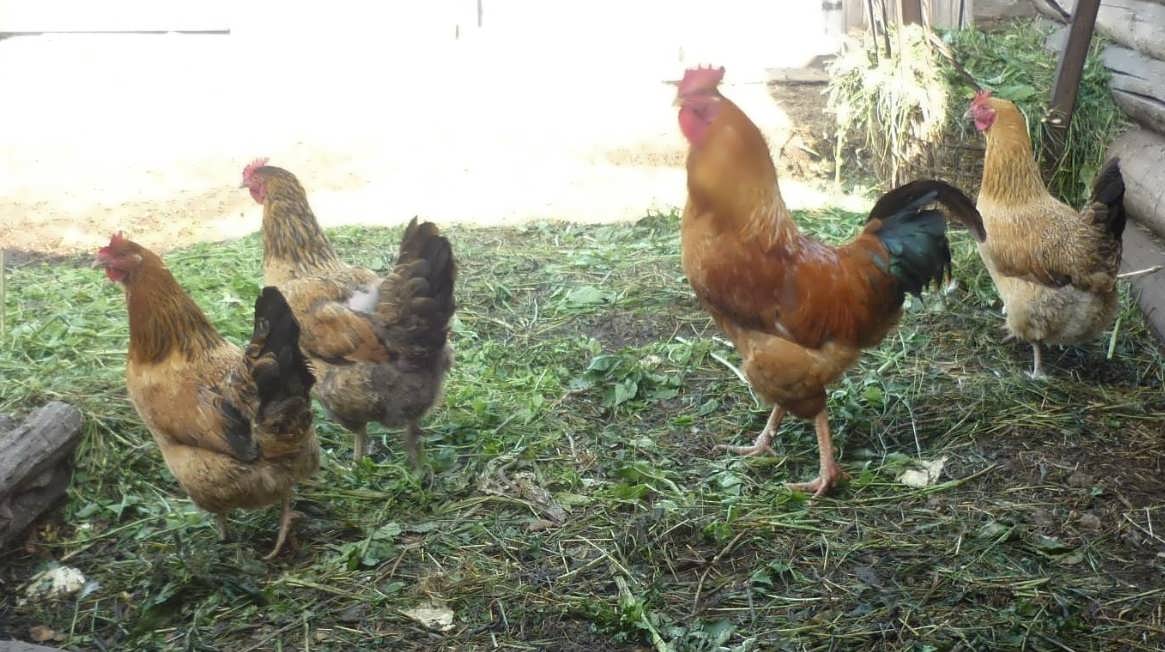
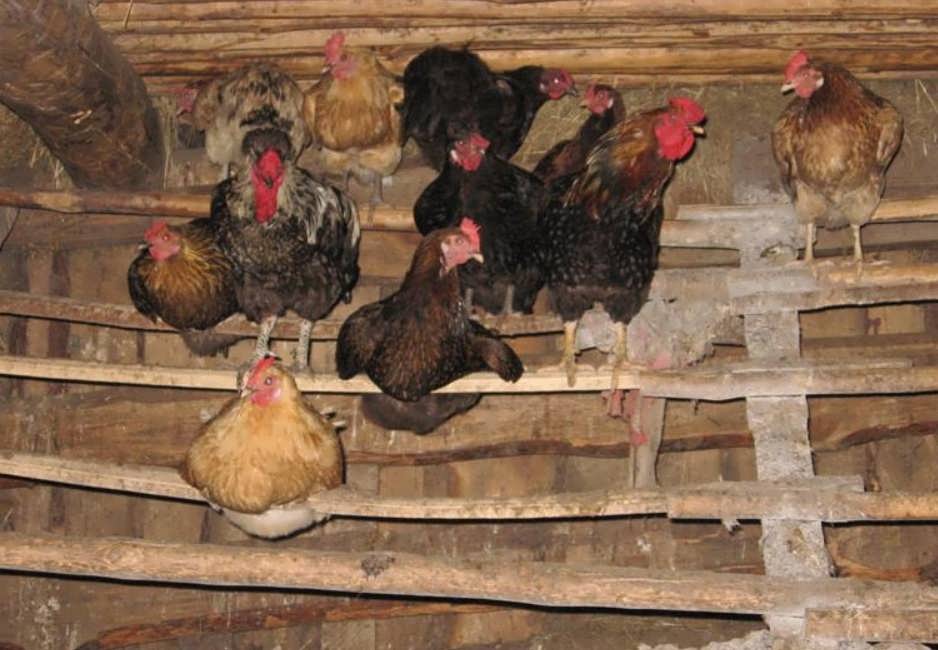
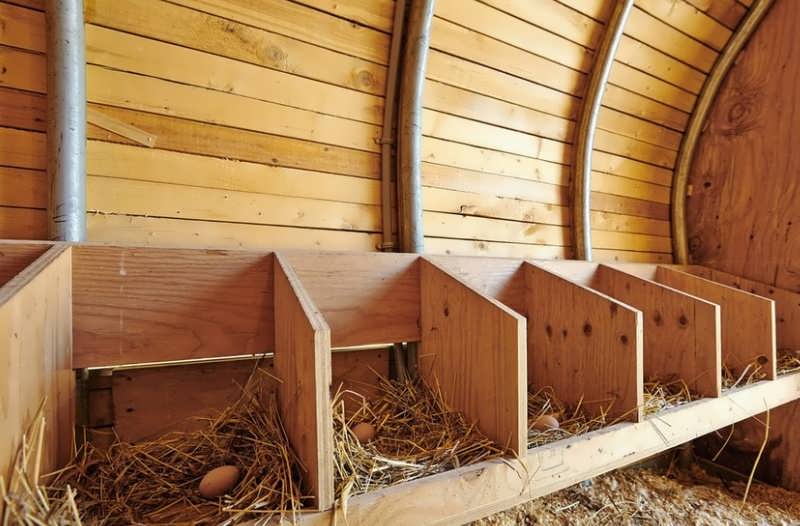
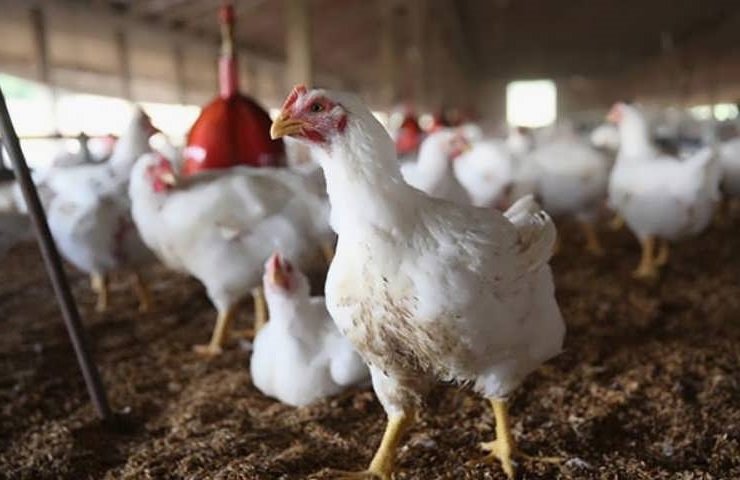
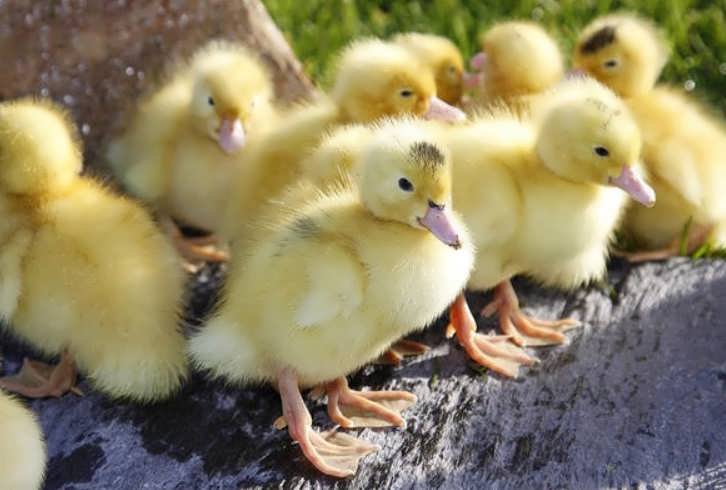
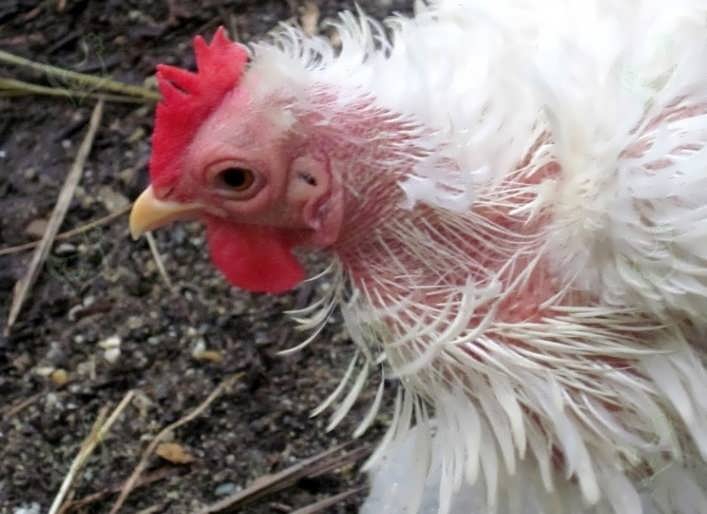
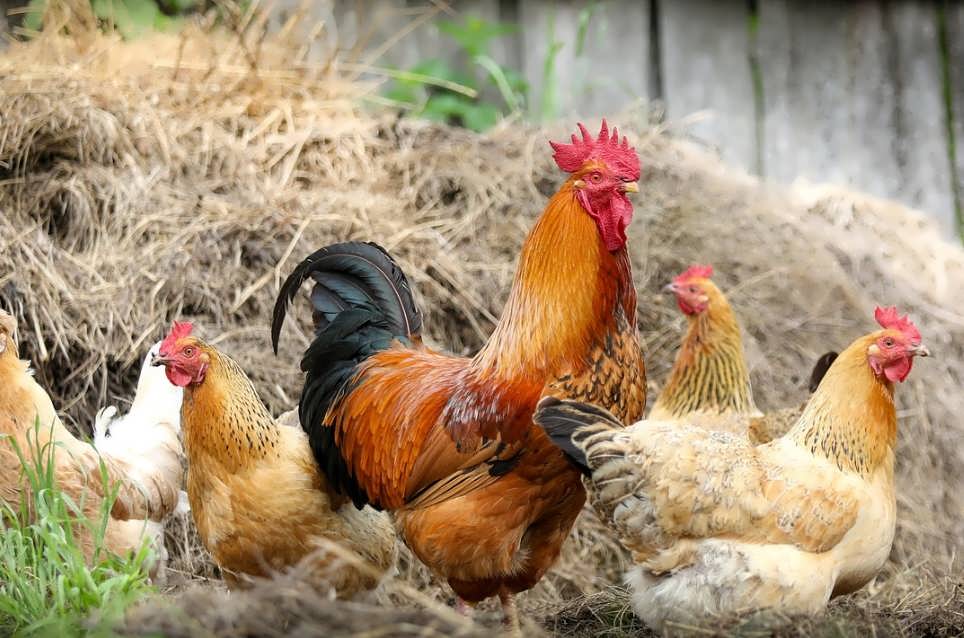

I still don’t understand - when does a laying hen stop laying in time?
How long do layers stop laying?, thanks in advance
I had such a period that the hatching of chickens practically stood up, almost all the chickens stopped laying eggs. I rummaged through the entire Internet, asked my friends what to do to correct this situation, and as a result, the advice given here helped. So they really work and in which case they should be used.
the hens stopped laying 3 days after they were brought
Good afternoon. Please tell me what could affect the chickens that they stopped laying. In the spring I took a dozen and a half pullets by the end of April, they began to lay, fed only dry compound feed and grain in the evening, water is always present. they gave an egg, but at the end of May they began to lay worse, and now in general one or two eggs that they just didn’t even do, I don’t even know what to think, they seem to have everything, but if there are no eggs, tell me what else is wrong. Thank you.